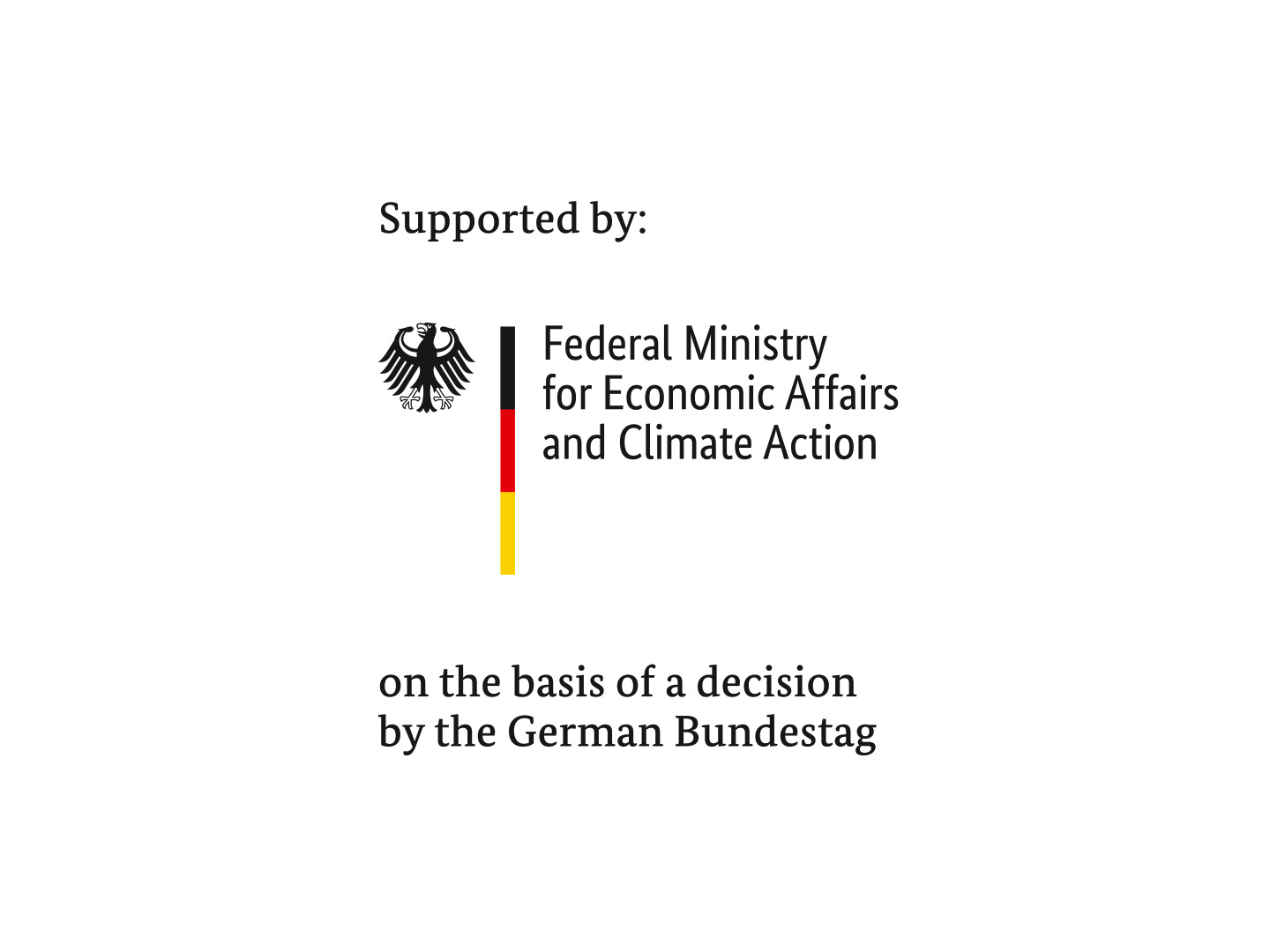Project goals: Accelerating the energy transition at neighborhood level
New energy supply concepts are being implemented and tested in two residential quarters of LEG Immobilien SE – with the aim of reducing CO2 emissions quickly and in a socially responsible manner. The focus is on integrated neighborhood solutions, development paths on the way to climate neutrality, and exploiting the potential for sector coupling. Core technological components are the optimal integration of renewable energies, the flexible use of power-to-heat technologies, geothermal energy and Heat Networks 4.0 in existing buildings, as well as electromobility and new tenant electricity concepts.
In addition, as part of "Future-iQ", the project partners are developing a basis for activating CO2-saving behavior and are using participatory methods to increase the acceptance and social compatibility of the targeted measures.
The project partners aim to transfer the concepts developed to other neighborhoods. In other words, on the basis of the experience gained, approaches for improved processes and structures to accelerate the implementation of the energy transition on site are to be developed and recommendations for action derived. This should lay the foundation for a rapid transfer of know-how between research and practice.
 Fraunhofer Institute for Environmental, Safety and Energy Technology UMSICHT
Fraunhofer Institute for Environmental, Safety and Energy Technology UMSICHT